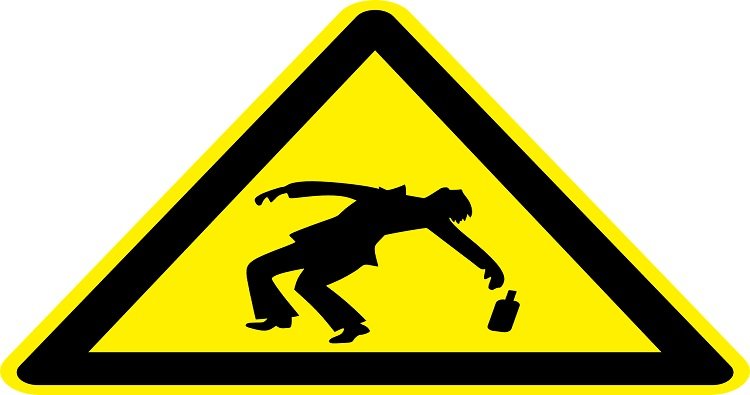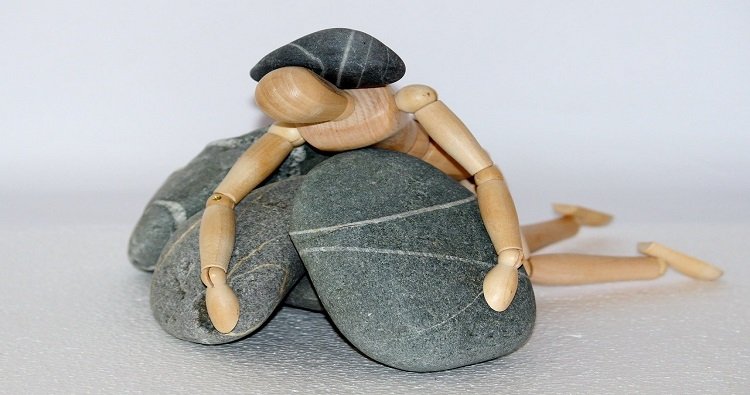- + 91 9958444373
- Malviya Road Dehradun, UK, India.
Blogs detail

SUICIDE IS NOT A HARMLESS BID FOR ATTENTION
- 2020-06-17
Suicide is a major public health concern. Suicide is complicated and tragic, but it is often preventable. Knowing the warning signs for suicide and how to get help can help save lives.
Signs and Symptoms
Suicidal behaviours listed below may be signs that someone is thinking about suicide.
- Talking about wanting to die or wanting to kill themselves
- Talking about feeling empty, hopeless, or having no reason to live Making a plan or looking for a way to kill themselves, such as searching for lethal methods online, stockpiling pills, or buying a gun
- Talking about great guilt or shame
- Talking about feeling trapped or feeling that there are no solutions
- Feeling unbearable pain (emotional pain or physical pain)
- Talking about being a burden to others
- Using alcohol or drugs more often
- Acting anxious or agitated
- Withdrawing from family and friends
- Changing eating and/or sleeping habits
- Showing rage or talking about seeking revenge
- Taking great risks that could lead to death, such as driving extremely fast
- Talking or thinking about death often Displaying extreme mood swings, suddenly changing from very sad to very calm or happy
- Giving away important possessions
- Saying goodbye to friends and family Putting affairs in order,
Making a will If these warning signs apply to you or someone you know,
Get help as soon as possible, particularly if the behaviour is new or has increased recently.
Risk Factors Suicide does not discriminate. People of all genders, ages, and ethnicities can be at risk. Suicidal behaviour is complex, and there is no single cause. Many different factors contribute to someone making a suicide attempt. But people most at risk tend to share specific characteristics.
The main risk factors for suicide are depression, other mental disorders, or substance abuse disorder Certain medical conditions Chronic pain a prior suicide attempts Family history of a mental disorder or substance abuse Family history of suicide Family violence, including physical or sexual abuse Having guns or other firearms in the home Having recently been released from prison or jail Being exposed to others' suicidal behaviour, such as that of family members, peers, or celebrities Many people have some of these risk factors but do not attempt suicide. It is important to note that suicide is not a normal response to stress. Suicidal thoughts or actions are a sign of extreme distress, not a harmless bid for attention, and should not be ignored. Often, family and friends are the first to recognize the warning signs of suicide and can be the first step toward helping an at-risk individual find treatment with someone who specializes in diagnosing and treating mental health conditions.
Suicide is complex. Treatments and therapies for people with suicidal thoughts or actions will vary with age, gender, physical and mental well-being, and with individual experiences. Treatments and Therapies Safety Planning: Personalized safety planning has been shown to help reduce suicidal thoughts and actions.
Patients work with a caregiver to develop a plan that describes ways to limit access to lethal means such as firearms, pills, or poisons. The plan also lists coping strategies and people and resources that can help in a crisis. Follow-up phone calls: Research has shown that when at-risk patients receive further screening, a Safety Plan intervention, and a series of supportive phone calls, their risk of suicide goes down.
Psychotherapies Multiple types of psychosocial interventions have been found to help individuals who have attempted suicide (see below). These types of interventions may prevent someone from making another attempt.
Cognitive Behavioral Therapy (CBT) can help people learn new ways of dealing with stressful experiences through training. CBT helps individuals recognize their thought patterns and consider alternative actions when thoughts of suicide arise.
Dialectical Behavior Therapy (DBT) has been shown to reduce suicidal behaviour in adolescents. DBT has also been shown to reduce the rate of suicide in adults with a borderline personality disorder, a mental illness characterized by an ongoing pattern of varying moods, self-image, and behaviour that often results in impulsive actions and problems in relationships. A therapist trained in DBT helps a person recognize when his or her feelings or actions are disruptive or unhealthy, and teaches the skills needed to deal better with upsetting situations.
Medication Some individuals at risk for suicide might benefit from medication. Doctors and patients can work together to find the best medication or medication combination, as well as the right dose. Because many individuals at risk for suicide often have a mental illness and substance use problems, individuals might benefit from medication along with psychosocial intervention.
Contact now
We are a group of health professionals, including Psychologists, Clinical psychologist, Rehabilitation Psychologist, Counsellors, Mindfulness Experts and Social Workers. We are working since 2018 in India to foster mental health.
Contact Us
recent blogs
-

SADNESS AND DEPRESSION ARE DIFFERENT!
2020-06-16 -

ALCOHOL USE DISORDER (AUD)
2020-06-19 -

SEASONAL AFFECTIVE DISORDER (SAD)
2020-06-12 -

UNDERSTANDING MINDFULNESS MEDITATION
2020-06-03 -

BURDEN OF DEPRESSION
2020-06-17







